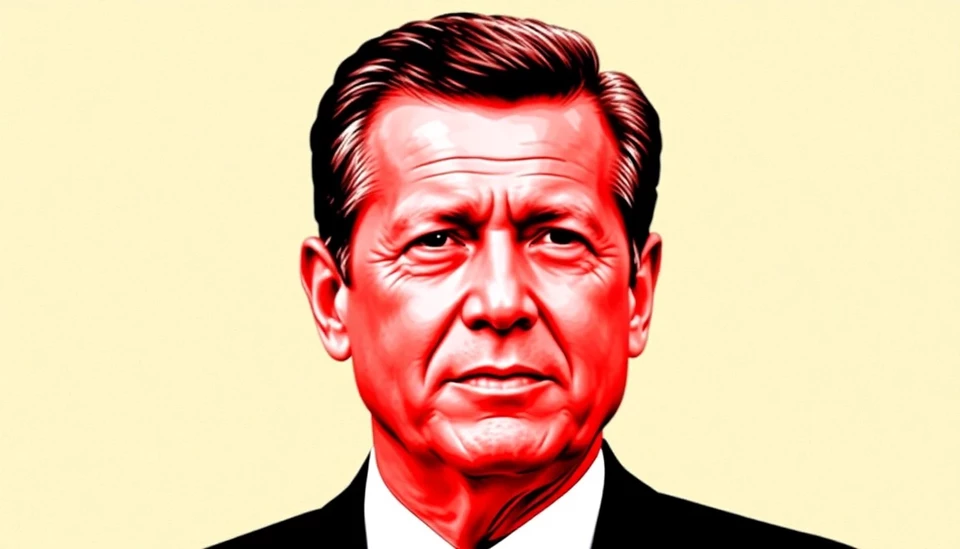
Former President John F. Kennedy's nephew, Robert F. Kennedy Jr. (RFK Jr.), has come under fire for eliminating the Centers for Disease Control and Prevention's (CDC) climate program, a decision described as potentially detrimental to public health by former officials. The controversial move has raised alarms among health experts who emphasize the importance of addressing climate change's implications on human health.
The CDC’s climate program was designed to investigate the health effects of climate change, which has been increasingly implicated in respiratory issues, allergies, heat-related illnesses, and vector-borne diseases such as Lyme disease and West Nile virus. Amid rising global temperatures and extreme weather events, the program sought to equip communities with the knowledge and resources needed to mitigate these risks.
Critics argue that dismantling this program could hinder critical research and public health initiatives that strive to understand and adapt to the climate crisis. Dr. Ali Khan, a former CDC official, expressed deep concern, stating that inaction in the face of climate change will only exacerbate health disparities, particularly among vulnerable populations. “This is an area where we should be doubling down on our investment, not eliminating capacity,” he warned.
Supporters of RFK Jr. argue that the funds allocated to the climate program could be better utilized elsewhere, particularly in direct health services. However, opponents counter that the benefits of the climate program extend far beyond immediate healthcare. They stress that its work is foundational to understanding how environmental changes affect public health long-term.
Without a focused climate program, experts predict that the U.S. may face mounting healthcare costs associated with climate-related illnesses. As an example, cardiovascular illnesses linked to heat exposure have surged in the past decade, making clear the need for continued research and intervention. The CDC’s program has helped to develop early warning systems for extreme heat events, which could save lives, particularly among the elderly and those with pre-existing conditions.
As the climate crisis intensifies, health experts urge government officials and public health agencies to recognize the interconnectedness of climate and health. They lament RFK Jr.'s decision, emphasizing that a robust response to climate change is not merely about environmental conservation but also safeguarding the health and wellbeing of future generations.
The controversy surrounding this decision has sparked heated discussions on social media, with many users expressing dissatisfaction with the administration's approach to public health and climate change policy. The dialogue underscores a broader concern regarding the commitment to tackling one of the most pressing challenges of our time.
In conclusion, the decision to ax the CDC’s climate program arrives at a pivotal moment in the discourse on health and environmental policy. Stakeholders from various sectors are calling for a reversal of this move, warning that the health of Americans hangs in the balance as climate-related risks continue to rise.
#ClimateChange #PublicHealth #CDC #RFKJr #HealthPolicy #EnvironmentalHealth
Author: Peter Collins




